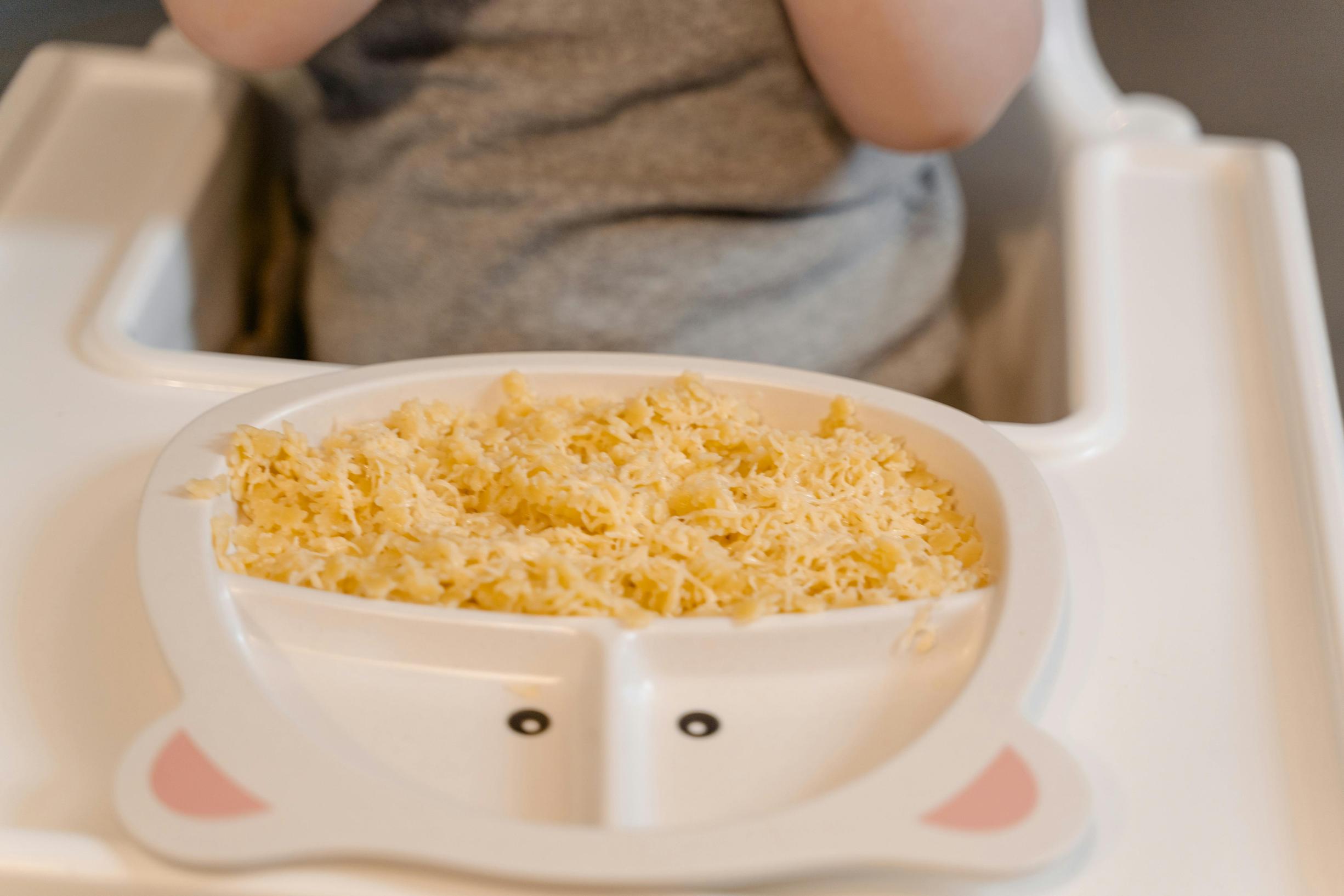Is Gerber Baby Food Safe? A Comprehensive Analysis
Introduction
Gerber baby food is a trusted staple for many parents, but ensuring the nutritional safety of what goes into your baby’s mouth is crucial. Amidst various concerns and controversies, it’s natural for parents to ask, ‘Is Gerber baby food safe?’ This blog aims to answer that question by examining Gerber’s nutritional standards, addressing common concerns, outlining their safety protocols, and exploring alternatives for conscientious parents.

The Nutritional Standards of Gerber Baby Food
Gerber prides itself on adhering to stringent nutritional standards aimed at providing complete and balanced nutrition for infants. Each jar or pouch is carefully crafted to include essential vitamins and minerals. Among the primary ingredients you will find fruits, vegetables, and grains that form a critical part of a baby’s diet.
Furthermore, Gerber follows guidelines set forth by organizations like the USDA and FDA. They ensure that each product undergoes rigorous quality control checks. These guidelines guarantee that babies receive the optimal nutrients necessary for growth and development. Key nutrients found in Gerber products include:
- Iron: Essential for cognitive development.
- Vitamin C: Important for immune function.
- DHA: Supports brain and eye development.
Concerns and Controversies Surrounding Gerber Baby Food
Despite Gerber’s commitment to quality, concerns surrounding potential contaminants and misleading labeling have emerged. One of the most significant controversies involves the presence of heavy metals like arsenic, lead, and cadmium in some baby foods, including Gerber. These metals are present in trace amounts due to soil contamination, but their potential impact on infant development has raised alarms.
Another concern is the use of additives and preservatives. While Gerber insists that these additions are within safe levels, some parents prefer all-natural or organic options without any added chemicals. This controversy extends to the labeling of ingredients, where some believe that Gerber could be more transparent about what goes into their products.
Potential allergens present another layer of complexity. Gerber attempts to label allergens clearly, but parents need to be vigilant as reactions can be severe.
What Gerber is Doing to Ensure Safety
Recognizing these concerns, Gerber has taken several steps to enhance the safety of its products. Firstly, they regularly update their testing protocols to align with the latest scientific advancements. By partnering with independent laboratories, they ensure unbiased results and greater accuracy in testing for contaminants.
Gerber has also committed to reducing the levels of heavy metals in their products. They have participated in initiatives to source ingredients from farms that follow best practices to minimize soil contamination. Regular audits and quality control measures are in place to ensure that only the safest raw materials are used in production.
Transparency is another area where Gerber is making significant strides. They are increasingly providing detailed information about sourcing, ingredient lists, and nutritional content on their packaging and website. This effort allows parents to make more informed choices regarding what they are feeding their children.
Moreover, Gerber has implemented more stringent safety measures within their manufacturing plants. Advanced filtration systems and regular equipment maintenance help maintain the highest hygiene standards, ensuring that the risk of contamination is minimized.

Alternatives to Gerber Baby Food
For parents seeking alternatives to Gerber baby food, several reputable options are available. Many brands offer products that emphasize organic ingredients, minimal processing, and clear labeling, catering to those who prioritize these aspects.
- Beech-Nut: Known for its natural and organic lines, Beech-Nut offers transparent labeling and a wide variety of flavors without artificial additives.
- Earth’s Best: This brand provides organic baby food options that are free from GMOs, pesticides, and harmful chemicals.
- Happy Baby: Featuring a commitment to organic ingredients, Happy Baby includes superfoods and probiotics in their formulations for added nutritional benefits.
Homemade baby food is another viable option for parents with the time and resources to prepare it. This method allows complete control over ingredient selection and preparation methods, ensuring that the baby’s food is as fresh and natural as possible.

Conclusion
In conclusion, Gerber baby food has established itself as a symbol of reliability and nutritional safety over the years. While concerns and controversies do exist, Gerber is making substantial efforts to address these issues through rigorous testing, transparency, and advanced manufacturing practices. Parents also have numerous alternatives available to them, ensuring that they can choose the best option for their child’s health and well-being.
Frequently Asked Questions
What ingredients are used in Gerber baby food?
Gerber baby food primarily uses fruits, vegetables, grains, and meats that are carefully selected to meet nutritional standards. They often include vitamins and minerals essential for a baby’s growth, such as iron, vitamin C, and DHA. Each product undergoes rigorous quality control checks to ensure nutrient adequacy and safety.
Are there heavy metals in Gerber baby food?
Trace amounts of heavy metals like arsenic, lead, and cadmium can be found in various baby foods, including Gerber, due to soil contamination. However, Gerber maintains that these levels are within the safety guidelines set by regulatory authorities. They are also actively working to minimize these levels through better sourcing practices and continuous testing.
How can I ensure the safety of baby food products I purchase?
To ensure the safety of the baby food you buy, look for products that provide transparent labeling and detailed ingredient lists. Opt for brands that conduct rigorous testing for contaminants and follow high safety standards. Additionally, consider making homemade baby food to have complete control over the ingredients and preparation methods. Always stay informed by checking for any recalls or safety alerts related to baby food products.

